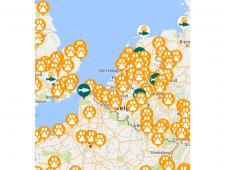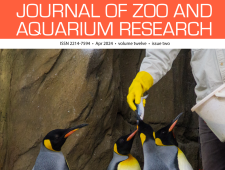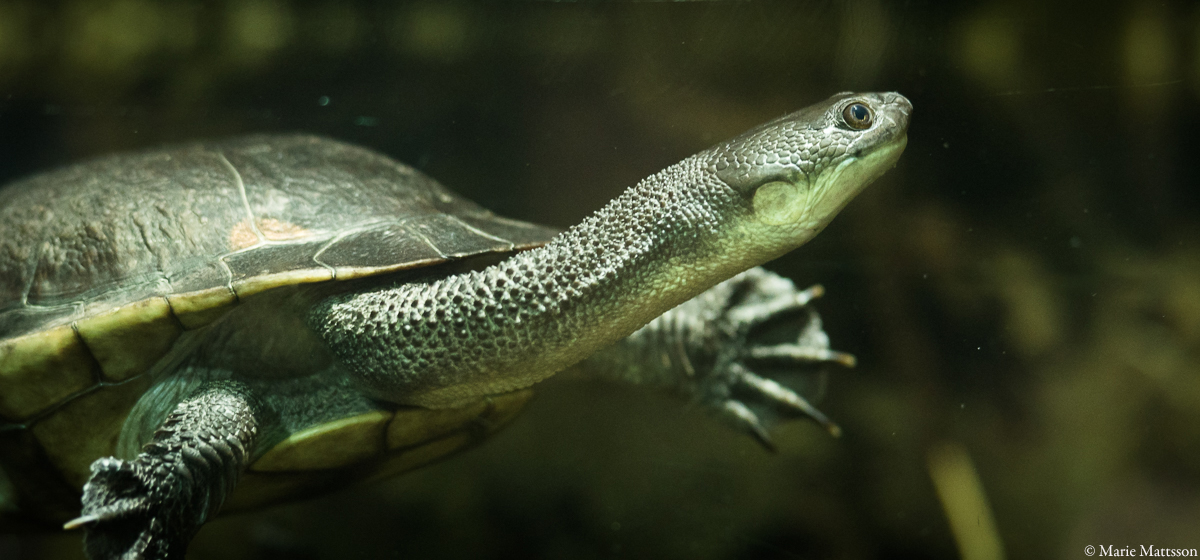Roti Island snake-necked turtle
Programme roles
| • Ark + insurance Chelodina mccordi is probably extinct in the wild. For this reason, this role contemplates the possibility to maintain a long-term ex situ population to preserve the population for the future. The first part of this role is an Ark role, because the species is probably extinct in the wild. After reintroduction has taken place, an ex situ population will still be needed as insurance population for at least two generations. Given that the generation time is around 13 years for Chelodina mccordi, this means that the Ark population is needed for at least 30 years, until there is a sustainable global in situ insurance population against the extinction in the wild of Chelodina mccordi. Furthermore, there is a need for molecular genetic research on the ex situ population. • Source The aim of this role is to use the ex situ population for restoration to re-establish the species as part of its former range from which it has been extirpated. It means providing disease-free, behaviourally competent individuals and genetically viable population for release into the wild. Although this may be challenging as there are no protected area in Roti Island. There is work on mitigating threats carried on at the moment in cooperation with local communities. • Capacity Building Training in region for ex situ initiatives keeping the species in-range. Although this role is already ongoing, there is potential for a longer term commitment. It can be used as a model reintroduction species for institutions to get involved and to get experience. • Education In-range education with focus on raising awareness on turtle conservation. The threat of habitat loss (due to agriculture leading the land-use change) and illegal trade needs to be reduced in country. EAZA can provide expertise through a coordinated programme by sharing its expertise and/or staff for efforts towards education of local people as well as the government. This role is essential to allow for any future population restoration efforts to be successful. • Research/training This is the first species of the Reptile TAG with a reintroduction role and therefore research and training will be ongoing which can then be used to inform future reintroduction for other chelonian species which is likely to be needed to conserve chelonia. |
|
| • Exhibit It is a very attractive species that can also be kept in mixed enclosures. |
Programme numbers
In November 2019 the Roti – island snake necked turtle had 112 animals in 22 institutions
Programme highlights
- Issue 107 of Zooquaria is dedicated to chelonians and the ongoing crisis.
- EAZA published their 2021 Annual TAG Report with on page 13 there is an overview of the activities of the Reptile TAG.
- There is a closed Amphibian and Reptile TAG Facebook group which staff of EAZA Members working with amphibians and reptiles can join.
 This work is supported by the European Union LIFE NGO funding programme. The European Union is not responsible for the views displayed in publications and/or in conjunction with the activities for which the grant is used.
This work is supported by the European Union LIFE NGO funding programme. The European Union is not responsible for the views displayed in publications and/or in conjunction with the activities for which the grant is used.






